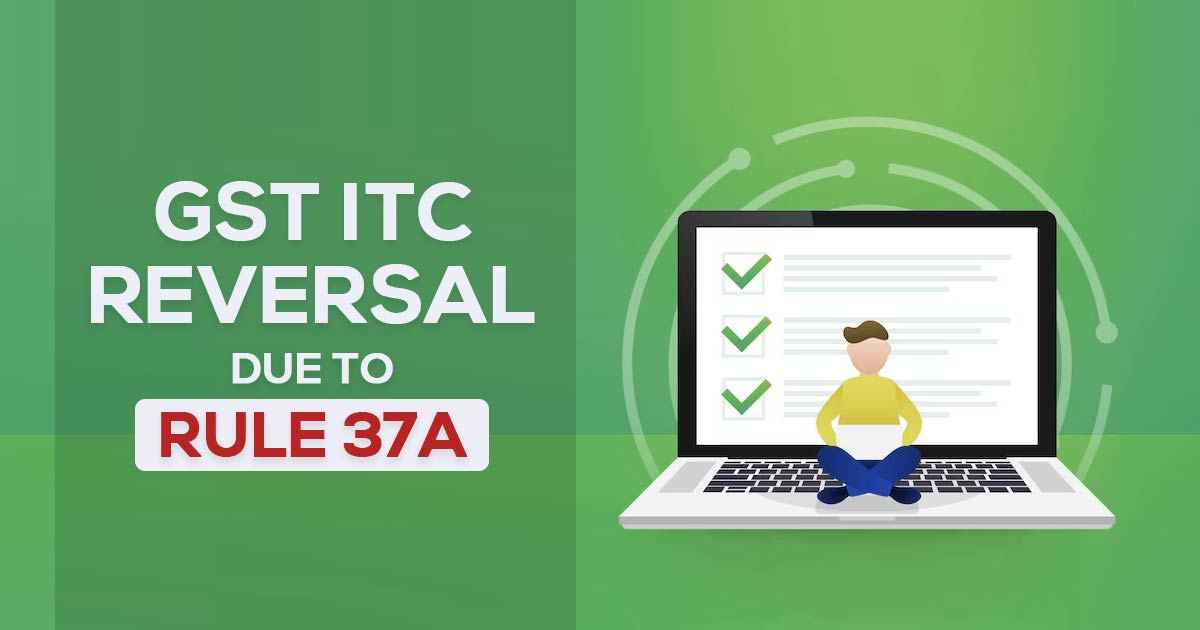Taxpayers: Enhanced Features Coming to the GST Portal
Introduction: As the digital landscape evolves, the Goods and Services Tax Network (GSTN) is committed to enhancing user experience on its portal. Scheduled for launch on May 3rd, 2024, a series of upgrades promise to streamline navigation and provide easier access to information for taxpayers across India. Key Enhancements: Implementation Timeline: These changes are set […]
GST on Renting of Residential Property in India
Introduction:In India, the Goods and Services Tax (GST) has brought significant changes to the taxation system, including the renting of residential properties. Since its implementation on July 1, 2017, the GST law has undergone several amendments, particularly concerning the taxation of residential rental properties. This blog aims to provide a comprehensive understanding of the GST […]
Kerala High Court Ruling: Late Fee Demand for Belated GSTR 9C Invalid
Introduction The Kerala High Court recently made a big decision regarding late fees for delayed filing of GSTR 9C under the Central Goods and Service Tax (CGST) rules. This decision is important for taxpayers as it clarifies certain aspects of GST compliance. – The ruling addresses the exemption provided in Central Goods and Service Tax […]
Understanding the Applicability of Time Limits in Section 16(4) for Input Tax Credit in GSTR 3B
Introduction: The implementation of the Goods and Services Tax (GST) in India aimed to streamline the indirect tax system and facilitate seamless credit flow across the nation. However, disputes have arisen regarding the interpretation of certain provisions, particularly Section 16(4) of the CGST Act, 2017, concerning the eligibility for Input Tax Credit (ITC). This article […]
Purpose and Impact of Reverse Charge Mechanism (RCM) in India:
Ever wondered why India brought in something called Reverse Charge Mechanism (RCM) into its tax system? Areas Where RCM Applies: Rules, Sections of the Act, and GST Rates: Conclusion: Reverse Charge Mechanism (RCM) might sound complex, but it’s all about making sure taxes are paid fairly and squarely. By understanding the rules, sections of the […]
Understanding GST Input Tax Credit (ITC) Reversal and Re-Availment under Rule 37A
The concept of Input Tax Credit (ITC) is ensuring seamless taxation and preventing cascading effects. However, with the implementation of GST, the process of availing and utilizing ITC has presented challenges for taxpayers, particularly concerning the reversal and re-availment of credits under Rule 37A of the CGST Act, 2017. Introduction to Rule 37A Rule 37A […]
Understanding GST Application to Freelancers in India
In recent years, the landscape of employment has undergone a significant transformation, with freelancing emerging as a popular choice for many individuals seeking flexibility and autonomy in their work. However, with this shift comes the need to navigate various regulatory frameworks, including taxation. One such taxation system that applies to freelancers in India is the […]
GST Facts about 1% payment of tax liability in cash.
Goods and Services Tax (GST) introduce Rule 86B. This rule, under Notification number 94/2020 dated 22nd December 2020, came into effect from 1st January 2021. Its primary purpose is to limit the use of input tax credit (ITC) available in the electronic credit ledger for discharging the output tax liability, thereby having an overriding impact […]
Understanding Input Tax Credit on Food: What You Need to Know
In the realm of Goods and Services Tax (GST), understanding the intricacies of Input Tax Credit (ITC) is crucial for businesses to optimize their tax liabilities. While most inputs are eligible for ITC, food and beverage supplies often present a unique scenario. Let’s delve into the nuances of claiming Input Tax Credit on food and […]
The Impact of GST on Export Businesses in India
India, a significant exporter of goods and services, plays a crucial role in the global economy. Businesses that export from India are categorized as zero-rated suppliers under the Goods and Services Tax (GST), making certain supplies GST-exempt. This special categorization allows exporters to claim a refund of the GST paid on the inputs and input […]










